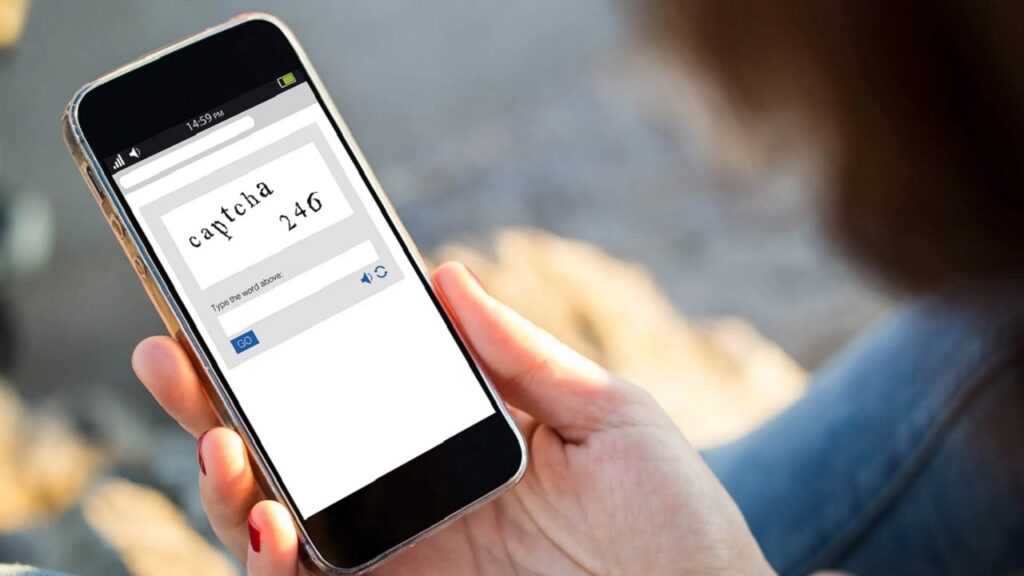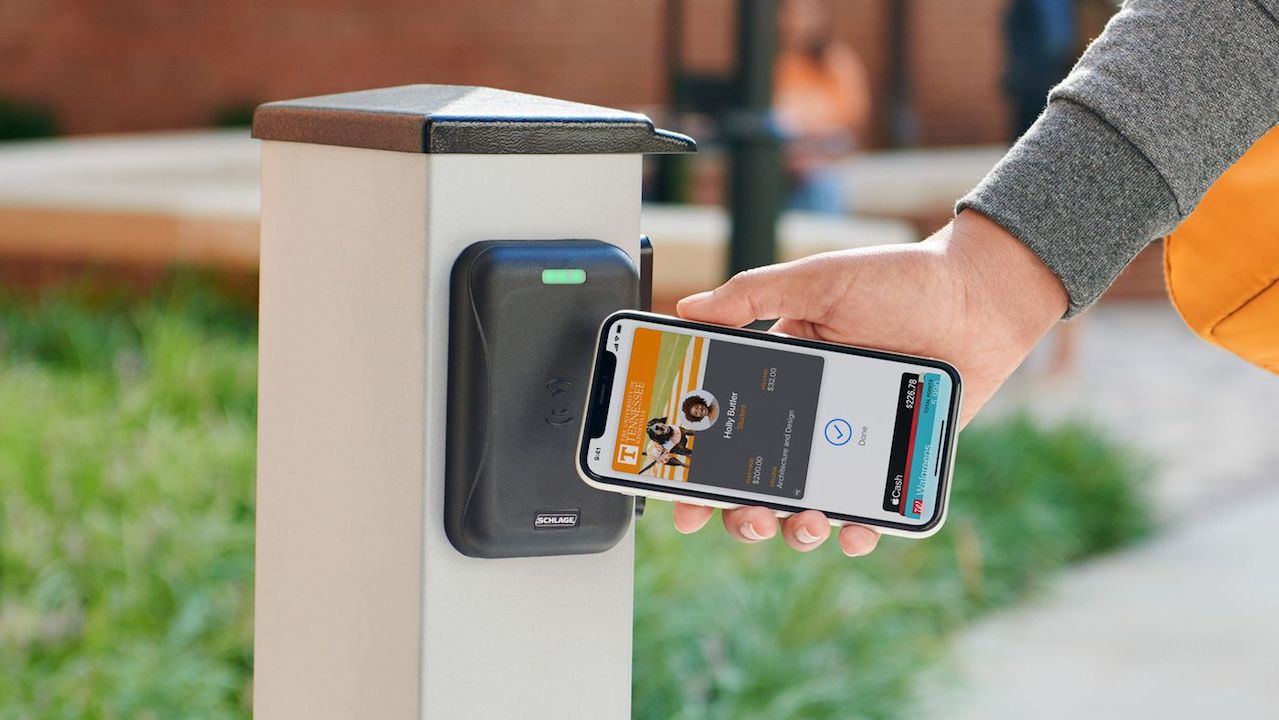It has been for some time now that theiPhone it has become a useful tool to prove our identity. And this seems to be just the beginning of a new “habit”. In fact, some recent developments have shown that Apple’s smartphone could use, in addition to biometrics, new technologies for verification of personal identity. Which would make it, in fact, a device that is impossible to give up. At the moment, in fact, the iPhone offers four different modes to verify the identity of a user. A small step towards what will be one of the most popular future features of the smartphone. So let’s find out what it is.
Personal identity: how to prove it with your iPhone
If Apple’s future goal is to make the iPhone a useful tool for personal identity verification, then the company is already on its way. For now, there are four ways for users to prove their identity:
- your driving license in the Wallet App
- access without password via Passkey in the Cloud
- the university badge
- the bypass of Captcha
Driver’s license in the Wallet App
It was June last year when Apple announced its intention to bring identity documents into the Wallet App. “To be completely free of your physical wallet, there is one more thing we need to bring to the iPhone. And this is your identity document – read the company’s official blog -. So we’re bringing ID cards to Apple Wallet. This fall, you will simply scan your driver’s license or state ID in participating US states. It’s that easy. Your ID information is now in Wallet. Encrypted and stored in the Secure Element, the same technology as the hardware element that makes Apple Pay private and secure ”.
According to what was announced, the Transportation Security Administration would allow iPhone owners to present the digital version of their driver’s license as proof ofpersonal identity for air travel. At the moment, however, this system has not yet been implemented in any location in the United States, despite the fact that about thirty states have shown interest in the idea. This means that even if there is now no effective possibility of using the iPhone to board a transcontinental flight, it is not certain that this situation will not happen in the near future. Indeed, quite the opposite.
Badge universitario
The collaboration with Blackboard allows university students to store their card in the App Wallet, so that they can use it for any activity on campus: from entering the facilities to paying laundry bills, and much more. “Students who upload their IDs to Apple Wallet on iPhone / Apple Watch will have secure access to campus facilities, residences and more, as well as use the digital card for payments at vending machines, dining rooms, laundry rooms and even off-campus retail outlets that accept student ID as payment ”.
Passkey in the Cloud / FIDO
In 2020 Apple joined the Fido Alliance, a technology support group that aims to eliminate passwords. Specifically, FIDO’s goal is to allow users to authenticate using a device such as an iPhone with Face ID, putting aside the habit of using username and password. In a nutshell, the operating logic is this:
- a website or app asks you to identify yourself and prove your identity
- the iPhone receives that request and activates Face ID
- if the face matches, the iPhone tells the website who you are, and that it has confirmed your identity.
As you can see, therefore, the use of a password is not required at any time during authentication. The whole process, in fact, is performed on your device, and not on the website server. An option that Apple has fully integrated with iOS 16 and macOS 13, thankfully. At the same time, it will take time for more and more online services to support this system, but it is undeniable that the company has taken the first step to make it possible.

Bypass dei Captcha
Thanks to iOS 16 users have the option of bypassare i Captcha in Apps and on the Web. “A new feature called Private Access Token will use a combination of details about your device and your Apple ID to inform a website that you are a legitimate user rather than a robot. In turn, this allows you to completely ignore the Captcha “step. So Apple reports. Sure, we can’t say this is a personal identity verification system, but it works roughly the same way. That is, it performs a form of user validation, and this happens through their iPhone. Precisely for this reason, we add this mode to the one we talked about above, so as to show that Apple is going a long way to make its smartphone an identity verification tool.
The future of the iPhone as an identity verification tool
Considering the great successes achieved by Apple recently, it is quite obvious to imagine that the iPhone could become a fundamental tool for proving one’s personal identity. Especially since this would make the identification practice safer for everyone: individuals, businesses and governments. First of all, it must be considered that using the iPhone to be recognized is safer both online and offline. The violation of user data on the Internet is now commonplace, especially because companies often do not carry out secure archiving practices and end up being the target of cybercriminals. With FIDO, on the other hand, there is no database to hack. And this makes everything safer.
As for offline, the iPhone only detects the necessary personal data, and it does in encrypted form. By showing the driver’s license from the App Wallet to the authorities, for example, they only receive the data they need, and not all that contained in the document. And if these are the benefits for users, there are just as many for companies as well. With FIDO, no user credentials are stored on the server, since authentication takes place entirely on people’s devices. This means that the companies they do not risk being attacked by hackers who want to steal user data. Because materially there will be no data to keep. In short, the idea of using an iPhone as a guardian of personal identity would have many advantages. But when would we really be willing to make this evolution real?















Leave a Reply
View Comments